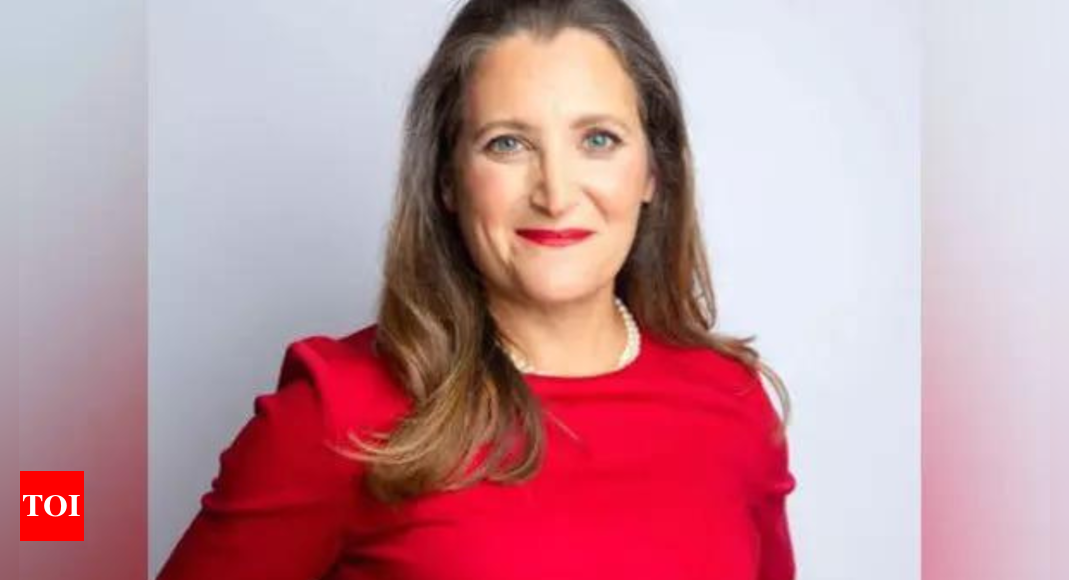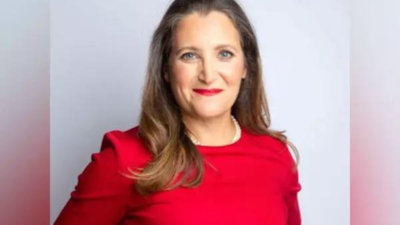Chrystia Freeland, a senior member of Canada’s Liberal Party and current Deputy Prime Minister, is now widely considered a leading contender to replace Prime Minister Justin Trudeau, who recently resigned after nearly a decade in power.
Freeland becoming Canada’s next leader, however, is complicated by her strained relationship with former US President Donald Trump, who has called her “totally toxic and not at all conducive to making deals.” This remark came after their high-profile clashes during Trump’s presidency, particularly over trade issues.
Freeland, who previously served as Canada’s foreign minister, became a key figure in the tense negotiations between Canada and the US over tariffs imposed by Trump on Canadian steel and aluminum, and Freeland was instrumental in negotiating changes to the North American Free Trade Agreement (NAFTA).
Freeland’s rising political profile within Canada has now placed her at the forefront of discussions about the future of the Liberal Party. She had long been a loyal ally of Trudeau, but her relationship with the Prime Minister took a sharp turn after she publicly criticised his political decisions.
In December, Freeland issued a statement calling out Trudeau for his “costly political gimmicks” like tax holidays and worker rebates. This criticism suggested growing frustration within the party and revealed a rift between the two leaders.
A recent poll further boosted her chances, showing Freeland as the most appealing choice among potential candidates to lead the Liberal Party.
If Freeland does take over the Liberal Party, her leadership will be tested by immediate challenges, including a possible confidence vote in Parliament.




